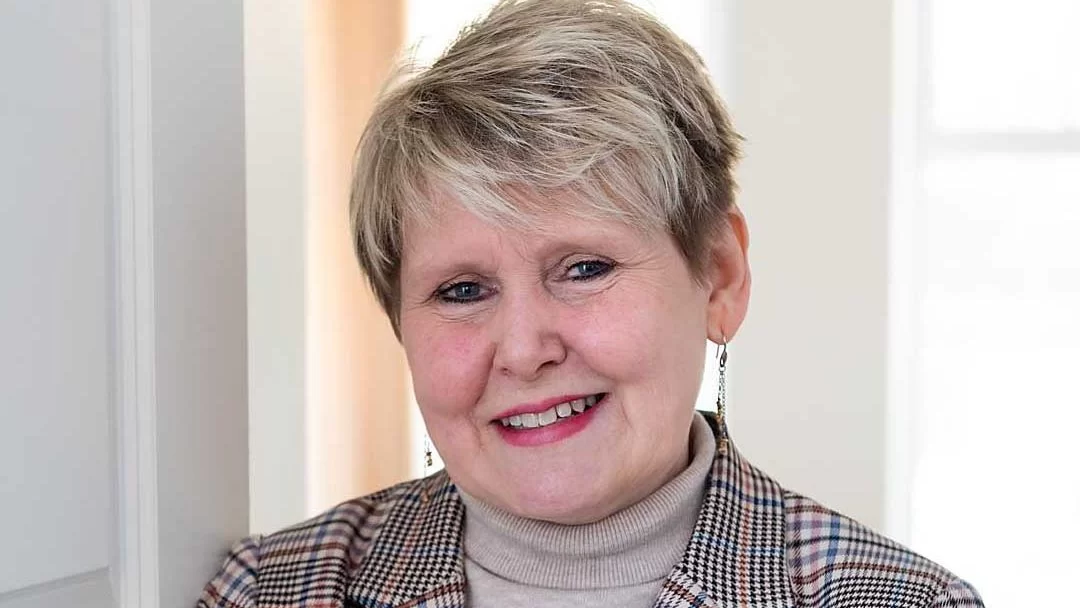Penilla Gunther posted on LinkedIn:
“May I share my speech at World Health Summit yesterday and the panel discussion together with Prof. Markus Kosch, Fatima Cardoso Marzia Zambon and Rhonda Sealey-Thomas moderated by Melinda Crane-Roehrs
Keynote speech by the host for the seminar, Sunao Manabe
Thank you all!”
The session “Time to Act on Women’s Health: Turning Commitment into Impact” explores the deep-rooted gender disparities in healthcare and calls for urgent action to close the health gap between men and women.
The event opens with Melinda Crane highlighting the significant role women play in healthcare—whether as professionals or caregivers—yet they endure more years of poor health compared to men. She emphasizes that this health gap isn’t just about maternal health or diseases that affect only women, but also stems from the fact that many conditions—such as cardiovascular disease and cancer—affect women differently and more severely. The underlying issue is the systemic neglect of women’s health in research and treatment, where male biology often serves as the default.
Dr. Sunao Manabe, CEO of Daiichi Sankyo, echoes these concerns, noting that women’s health is often overlooked in clinical trials, diagnosis is delayed, and treatment can be inadequate. He stresses the need for comprehensive strategies to address this. He shared Japan’s 10-year cancer control strategy as a model of progress, which focuses on early detection and better access to care, especially for women. He also highlighted how Daiichi Sankyo actively invests in gender equality within healthcare, making women’s health a core focus for future initiatives.
The session also brings in Pernilla Gunther, a health policy activist and heart transplant survivor. She shares a moving personal story of how her heart condition, linked to earlier chemotherapy, went unnoticed for a long time. She stresses that symptoms in women are often missed or misdiagnosed because they don’t fit the “male norm” used in healthcare settings.
Panelists including Dr. Fatima Cardoso, Dr. Marcus Koch, Dr. Rhonda Seeley-Thomas, and Marcia Zambon discussed the many ways in which women are disadvantaged when it comes to accessing quality healthcare. Fatima Cardoso, a leading breast cancer specialist, stressed how gender inequality in cancer care persists, with women facing greater risks of job loss and even divorce after a cancer diagnosis compared to men. Koch underscored that addressing gender disparities in healthcare has not only ethical but also strong economic and societal benefits. He noted research showing that women’s increased access to healthcare could prevent millions of premature deaths annually.
The session concluded with a call for practical solutions. The speakers emphasized that while progress has been made, much more needs to be done to ensure that women receive equal treatment and care. This includes better data collection, more inclusive clinical trials, and a shift in health policy to prioritize non-communicable diseases like cardiovascular disease and cancer that disproportionately affect women.
In closing, the panelists highlighted that improving women’s health goes beyond medical intervention—it requires systemic change and long-term investments that prioritize gender equality in healthcare.


